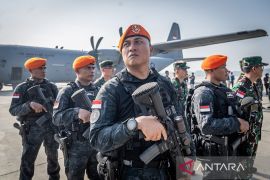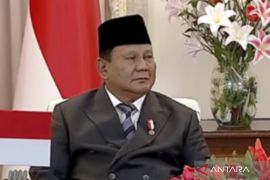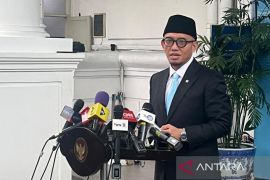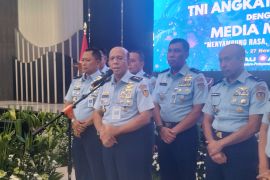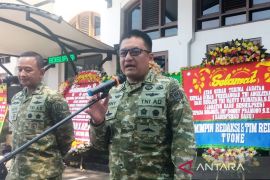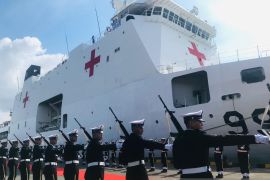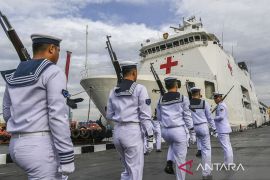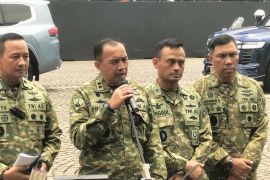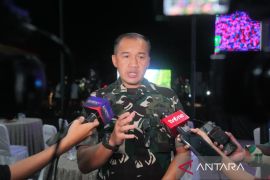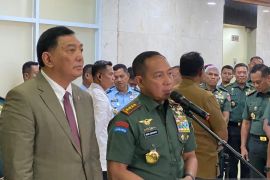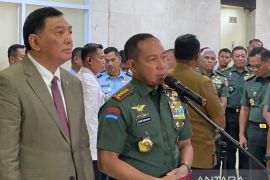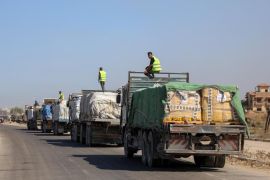Her statement came as she addressed reporters outside the chambers of the UN Security Council. Amos had just briefed the council in closed-door consultations about the humanitarian conditions faced by Palestinians, at the request of Arab states and the Non-Aligned Movement (NAM).
"I alerted the council to my concerns about, particularly the impact of higher levels of settlement violence," she said. "We have seen an increase in the levels of settler violence which had an impact on Palestinians, but also has an impact on Israeli settlers as well and I also alerted the council in relation to East Jerusalem to my concerns about the proposals for an additional settlement which would cut off East Jerusalem from the West Bank."
Israel has continued to build settlements in Palestinian territory, and recently issued plans to build a tourist complex in the Palestinian neighborhood of Silwan in East Jerusalem.
Amos also discussed the situation in the Gaza Strip, an area Israel has blockaded since Hamas took over in 2007. Israel has said it has loosened the blockade restrictions.
Amos said she briefed the council on the "continued blockade of Gaza and the impact on economic development in Gaza." She voiced her concern to the 15-member body for international peace and security on the closing of the Karni commercial crossing that connects Israel and Gaza.
She told reporters that the dismantling of the crossing "means that commercial activity into Gaza and in particular exports coming out of Gaza into the West Bank and Israel will decrease, which again will have the impact of de-developing Gaza rather than developing Gaza."
Mohammed Loulichki, permanent representative of Morocco to the UN and the Arab representative on the Security Council, also addressed reporters outside the council chambers.
Loulichki said that there was a "convergence of views" in the council that Israeli settlement building impedes the lives of Palestinians. He said that "this settlement activity has to end and Israel has to show the political will and the intentions to resume the negotiations because all of the efforts have to be put in place in order to promote the resumption of the negotiations without which we cannot reach the global peace and particularly the establishment of a viable, independent state of Palestine with East Jerusalem as its capital."
Preliminary discussions are underway in Jordan to try and restart the direct negotiations between Israel and Palestine that have been stalled since October 2010.
The Palestinian permanent observer to the UN, Riyad Mansour who joined Loulichki, said that there has been widespread agreement in the council that the settlements are detrimental to the peace process, but that one country had obstructed the creation of a statement or resolution on the topic.
Despite these road blocks, Mansour said, Palestine will continue to raise the issue in the council.
"We are continuing with these efforts as an investment in helping the efforts in Amman, Jordan to break the deadlock by removing the major obstacle in the path of peace which is the settlement activity," he said.
Following the Arab diplomats, Ron Prosor, permanent representative of Israel to the UN, spoke to reporters about events in the Security Council. He questioned the council`s ability to prioritize discussion of issues.
"I`m not surprised that the Security Council instead of dealing with those pressing issues that I think are on the agenda like Iran, like Syria, like Iraq and like Libya, is dealing with this and taking really precious time from the most important issues," he said.
He rejected any allegations that Israel is not putting its settlement activities on the agenda at the Jordan talks. However, he said that he does not believe that settlements are the major problem preventing a final peace settlement between Israel and Palestine.
"The major hurdle to peace is the Palestinian`s quest for the right of return," he said. "That is the major hurdle to peace. Have you heard anyone stand up and say to the Palestinians, this is the major hurdle to peace? The leadership is not saying it to their own people."
Prosor also denied that there is a humanitarian crisis in the Gaza Strip. He said that in the first half of 2011 the gross domestic product (GDP) in Gaza had increased by 28 percent and that the unemployment rate in the area is the lowest it has been in a decade.
"My bottom line is that there is no, and I repeat, no humanitarian crisis in Gaza," he said.
(C003)
Editor: Ella Syafputri
Copyright © ANTARA 2012
